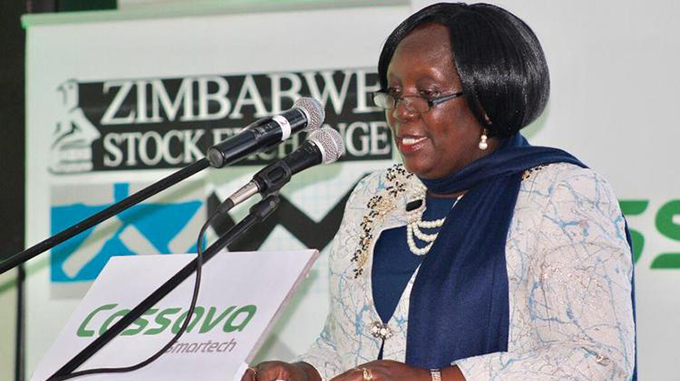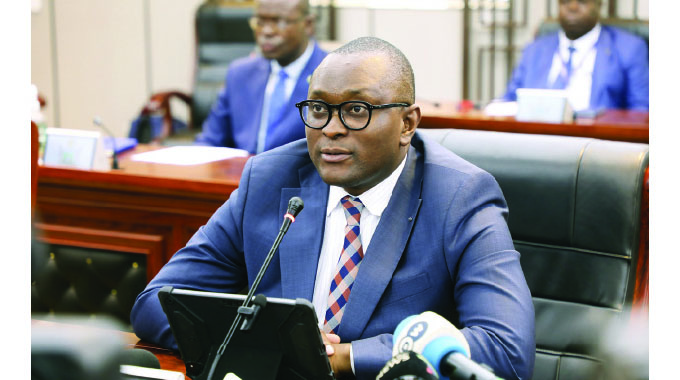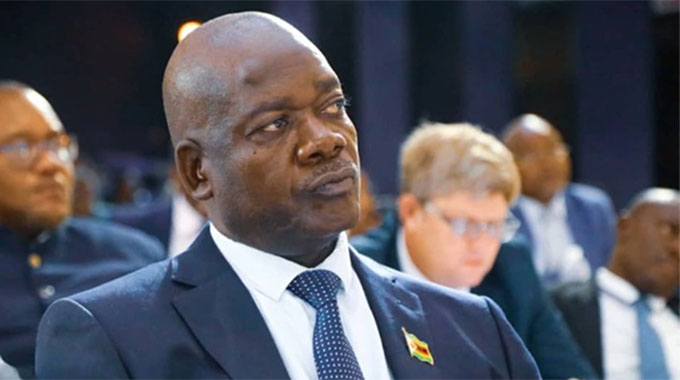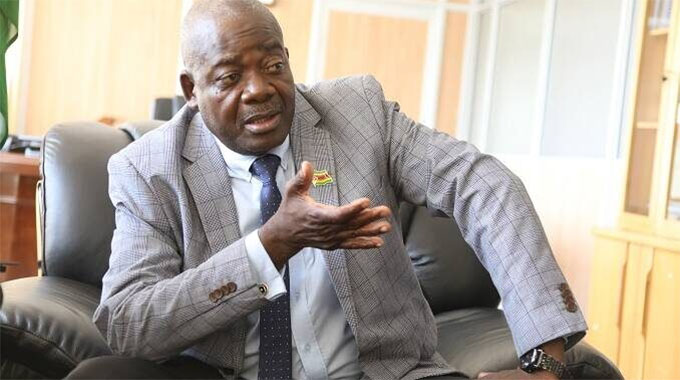Germany pours 10 million euros into Zim education

Features Writer
The German government, through its development bank, KfW, yesterday contributed €10 million to the second phase of the Education Development Fund (EDF) to improve access to quality education for Zimbabwe’s children.
The funds will be used to support Disaster Risk Reduction in the drought and cyclone affected districts by increasing national capacity to provide access to age-appropriate, quality learning opportunities and minimise the effects of disasters on learning; increasing learning opportunities for out-of-school children, young people and disadvantaged children, and strengthening political commitment, accountability and national capacity towards inclusive education.
Minister of Primary and Secondary Education Professor Paul Mavima said Germany’s contribution would go a long way towards addressing the gap in Government’s financial capacity gap for the key education areas. “I know that Germany, alongside other EDF partners such as DFID, has provided funding to support the education sector from 2010 when we had the Education Transition Fund,” he said.
“The current contribution clearly illustrates the value of strategic partnerships in promoting the realisation of every child’s right to basic education.”
German Ambassador Dr Thorsten Hutter said: “This additional funding of the EDF in Zimbabwe demonstrates Germany’s commitment to ensure access to quality schooling for all children in Zimbabwe. It also demonstrates my Government’s commitment to assist those in need.”
Germany has been one of the major contributors to EDF since its inception in 2010 (as the Education Transition Fund), having donated over €32 million from 2011- 2015; and an additional €14 million to the first phase of the EDF.
In 2018, Germany contributed an additional euro 15 million to support the School Improvement Grants (SIG), including school feeding; disaster risk management; reliable access to water and sanitation services for schools; and the implementation of the new curriculum. “The funding made available by the German government has helped us to protect and continue building upon the successes of the EDF,” said UNICEF Representative Laylee Moshiri.
“Our focus should now be upon sustaining those gains, especially this year as we celebrate the 30th anniversary of the Convention on the Rights of the Child.”
Through the German support, ensuring access to education during disasters, and minimising school interruptions; building capacity for disaster risk reduction and resiliency within the education sector; restoring WASH in cyclone and drought affected Schools, has been possible.









Comments